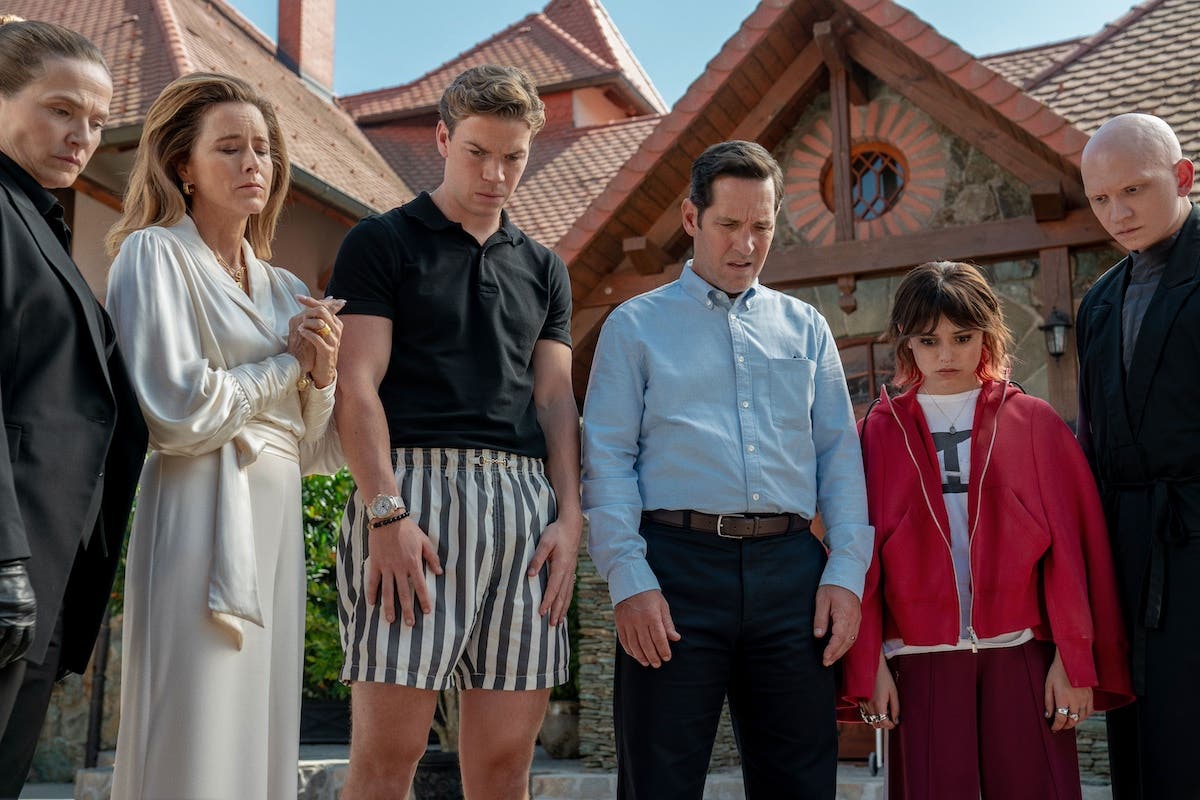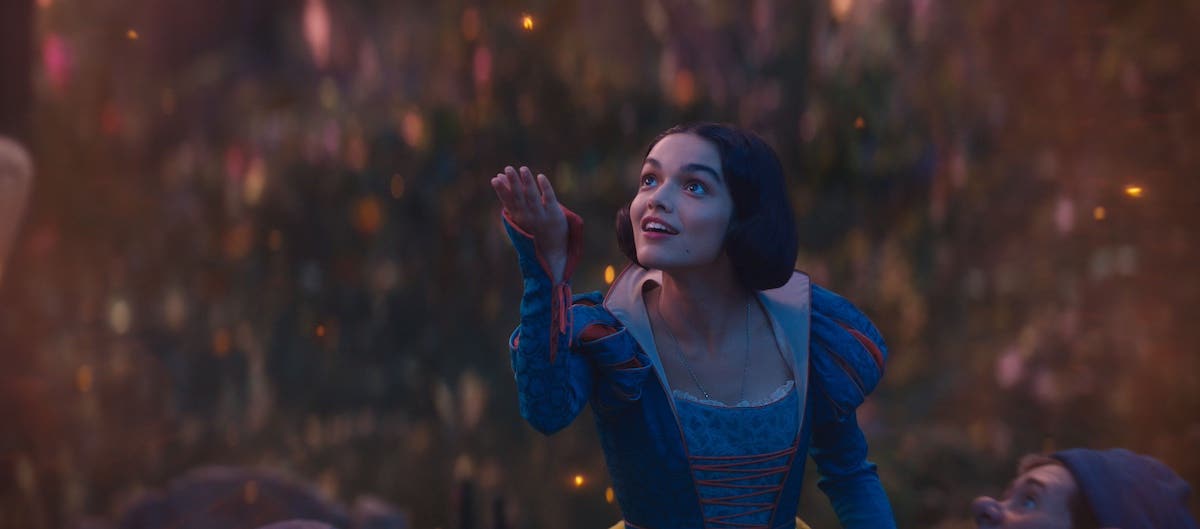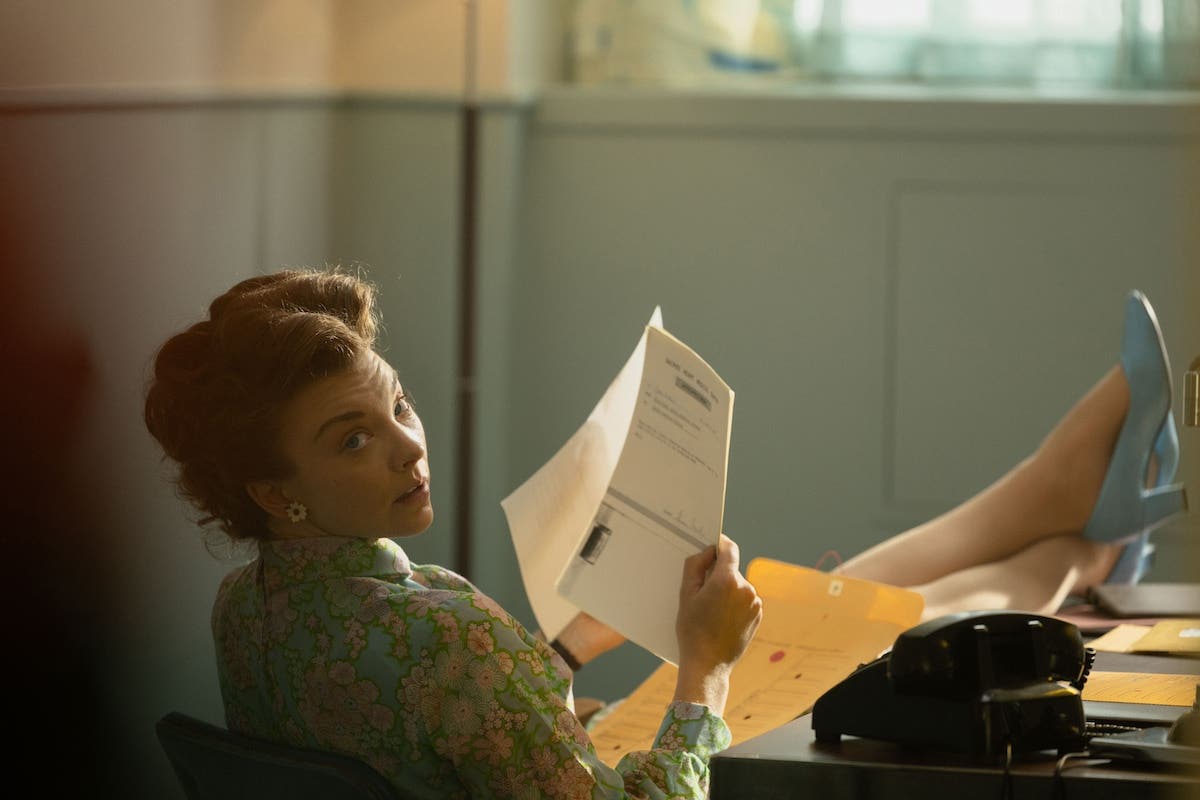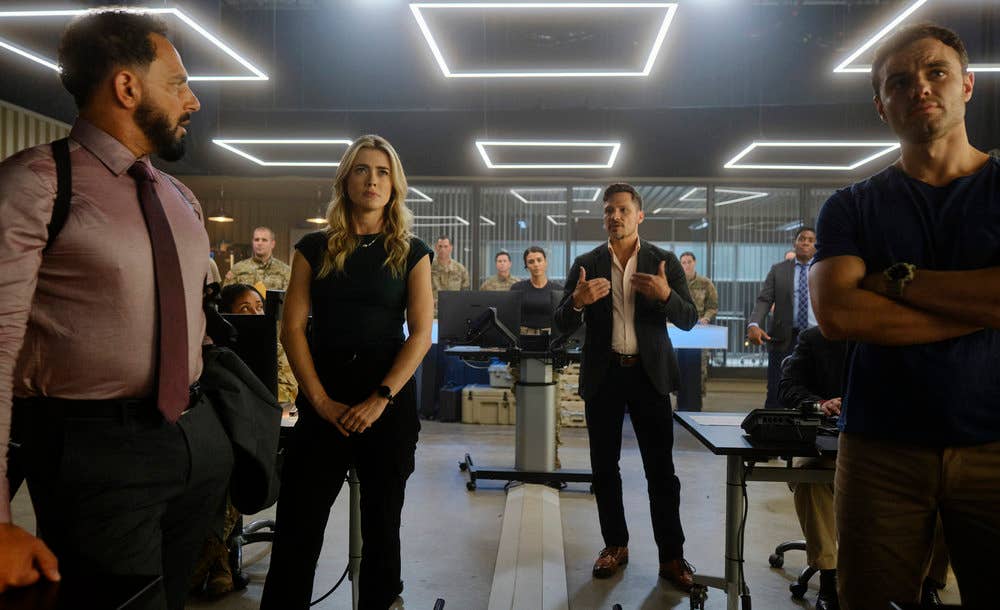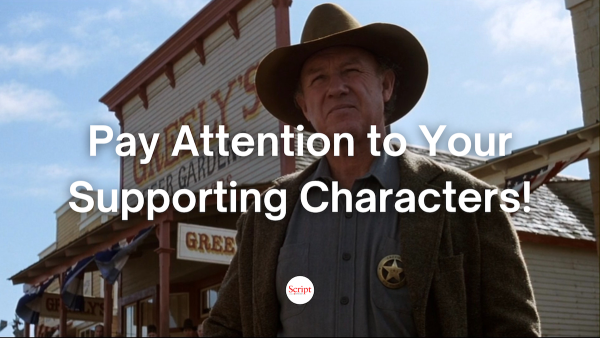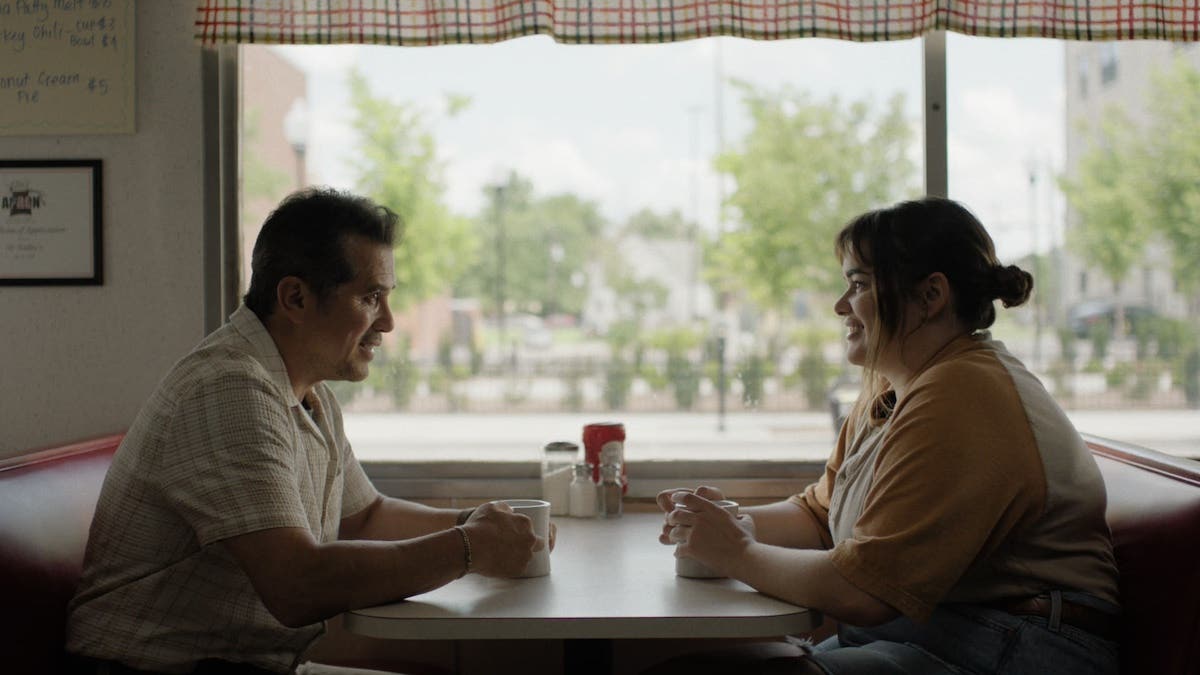Story Talk: To Outline or Not to Outline—That Is the Question!
Click to tweet this article to your friends and followers! As you know, if you read this column with any regularity, I take a morbid pleasure in sharing with you…
As you know, if you read this column with any regularity, I take a morbid pleasure in sharing with you cantankerous, mean-spirited, and humiliating conversations I have from time to time with fellow writers, publishers, film producers and other fellow travelers of the writing life. The following repartee occurred some time ago, but it captures the essence of the problem I want to discuss in this article. This writer and I got into a heated argument about creative process and planning. Basically the conversation went like this:
Me: Maybe you should do an outline of your story?
Him: Outline! Never! Outlines are too controlling, too forced. My creative process has to be free. I need to be unencumbered as a writer.
Me: (rolling eyes) Okay, well, sometimes it helps to get a plan for your writing.
Him: Never! Creativity can’t be contained in some box like a plan or outline! My stories have to lead me, not the other way around!
Me: (sighing) Well, okay, but—
Him: No, no! Outlines kill spontaneity; they kill creativity! You’re asking me to “paint by numbers,” like some hack! I’m an artist, not a dilettante!
Okay, I’m embellishing a bit with all the melodrama, but this is a pretty accurate representation of how many writers regard the notion of structuring, outlining or planning their work. Outlining equals a creativity buzz-kill.
The debate here is an age-old one between artists and their process. Can you still be a creative if you impose constraints on the creative process? Can a painter paint without knowing what they will paint before hand? Can a sculptor sculpt without knowing where they will chip away the stone? Can a writer write without using story structure, or creating an outline or have some plan of attack; and if there are such plans or outlines, does that somehow diminish the process of creation? Does it make you less of an artist or a creative?
All valid questions, but all are based on a fallacy: i.e., creativity has no constraints.
There is no such thing as a free, purely unconstrained creative process. It simply doesn’t exist. All processes have constraints, even the creative process. The moment you decide to write “A” instead of “B” you are imposing a constraint on your process. The moment you make any choice about your story you eliminate myriad other choices that will forever be unavailable, because you chose “A” instead of “B.” Choice is all about whittling down the possible into the probable, and then finally (through more choices) cutting the probable down to the actual (i.e., constrain, limit, restrict).
The reality is, ALL creative people plan, outline, constrain, and contain their process (not their creativity!); I don't care what their art. Since we're all writers, let's just look at writing.
You sit down at your writing-place and begin your session. You don't know what you are going to do, how you are going to do it, and refuse to think about your story in any way. You are just going to let the process run free like a river (rivers don’t actually run free unless they’re flooding—they are constrained by riverbanks, but more on that soon). Oh the joy, oh the freedom, oh the ... wait ... nothing is happening. The paper or computer screen is blank. What’s wrong?
What's wrong is that you have just set yourself up for failure. The only way this writer is going to produce any work is if he/she starts to automatic write or channel some disembodied entity, in which case they are not being a writer, they are only being a channel for someone else who is doing the writing.
No, this above scenario can't happen, if a writer wants to write. Yes, people claim they do this, but they are not telling themselves the truth about what is really going on. Even if you sit down with nothing in your head, no plan, no organization, something will come. An idea will happen and then “A” will lead to “B” will lead to “C” and some logic will be imposed that determines what happens next. Even if the logic only goes for one or two scenes, the writer still has to wonder what is the next scene? What came before this scene? How is this person going to act in the scene? I don't mean to burst the bubble, but this is called planning. This is called outlining. This is called structuring a story. Even if it only goes for two scenes and it all happens in your head, you're organizing and outlining your story. Every writer does it; every writer can't not do it. It is a function of the very thing you think is going to be killed, i.e., the creative process. EVERY creative person plans, organizes, and imposes structural rules on their creative output, whether they want to admit it or not. How far they go, how detailed they get is all a matter of personal pathology (how controlling do you have to be?), not a function of outlining or organizing.
Frankly, it is only the amateur who thinks he-she has to be completely spontaneous and unencumbered by process in order to achieve creative vision. Any professional knows that with great freedom comes even greater responsibility. There is no such thing as unconstrained process. Such an approach is a dead end. Real writing requires imposing limits, while at the same time leveraging those limits to the full advantage of any story. Structuring and outlining are functions of craft, not art. Organizing is a sign of being a professional, not of being a hack. Planning is the royal road to productivity, not a dead end of creativity.
So, stop worrying about whether or not you should be structuring, outlining or planning your work, because you're already doing it.
- Work Habits of the Pros
- Get a New Story: Just Do the Writing
- Get a New Story: Binge Writing Isn’t All It’s Cracked Up to Be
Use Scrivener to organize your writing projects
from research to character profiles to index carding to writing!
Jeff Lyons is a traditionally published author, screenwriter, and story development consultant with more than 25 years' experience in the publishing and entertainment industries. His writing has appeared in Writer’s Digest Magazine, Script Magazine, The Writer Magazine, and Writing Magazine (UK), among others. He has many craft-of-storytelling books published through Focal Press and Storygeeks Press, all available on Amazon. His feature film, American Thunderbolt, will go into production in 2023 and he has several other project in development with Content Kings Films (UK). Jeff is the founder of Storygeeks.com.
